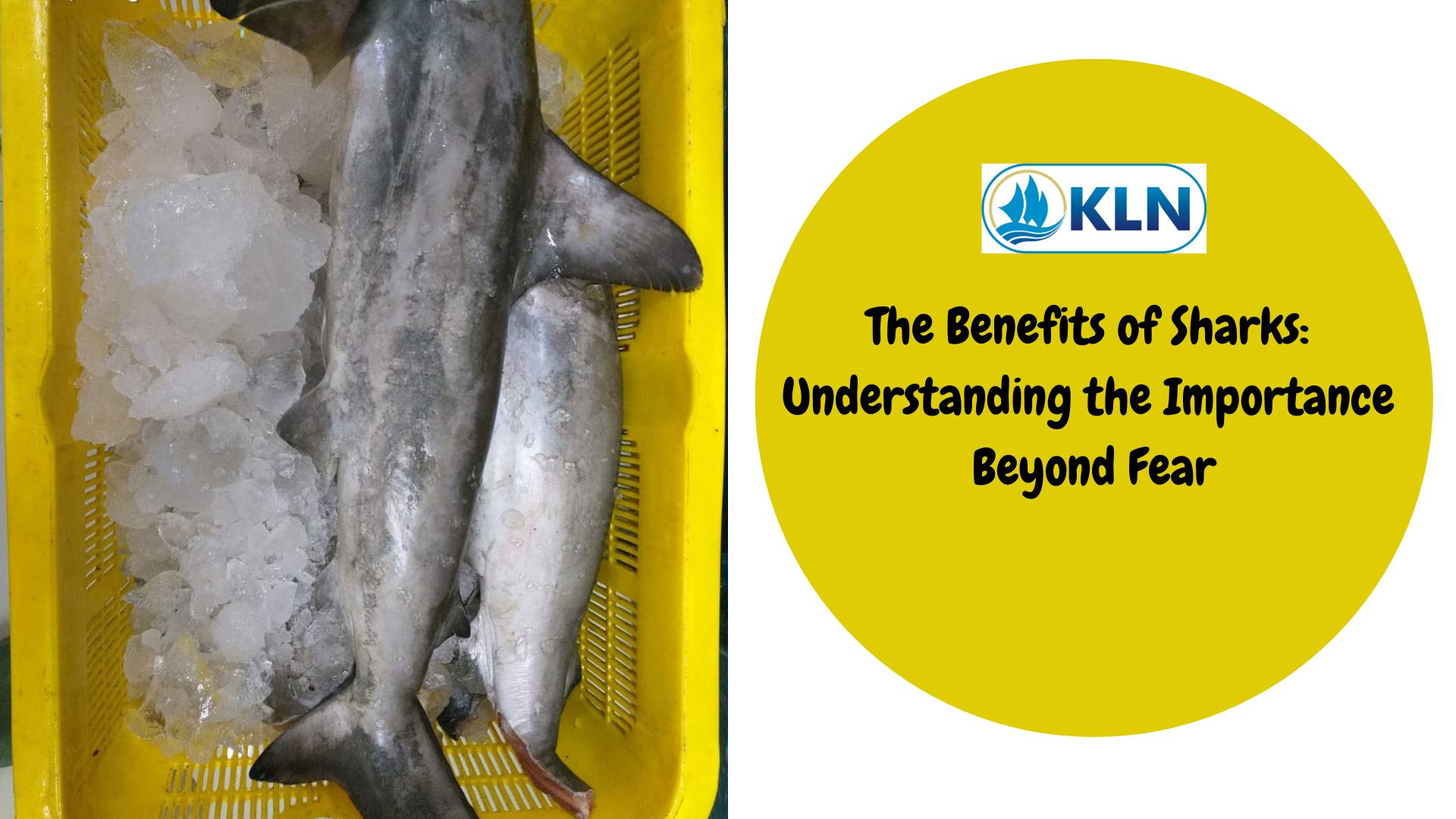The Benefits of Sharks: Understanding the Importance Beyond Fear
By. Najih - 22 Jul 2024
Sharks, often portrayed as menacing predators, play a vital role in marine ecosystems that extends far beyond their fearsome reputation. This article delves into the diverse benefits that sharks provide to the environment and humanity.
Ecological Significance
Sharks occupy the pinnacle of the marine food chain, regulating the populations of prey species below them. As apex predators, they help maintain the balance of marine ecosystems by controlling the abundance of species lower in the food web. This role is crucial in preserving biodiversity and ensuring the health of oceanic habitats.
Economic Value
Sharks contribute significantly to ecotourism and fisheries industries worldwide. Shark-watching tours attract tourists eager to witness these magnificent creatures in their natural habitats, generating revenue for local economies. Additionally, commercial fisheries rely on sharks for their meat, fins, and other products, supporting livelihoods and economies in coastal communities.
Biomedical Potential
Shark cartilage and liver oil contain compounds that hold promise in medical research. Cartilage extracts are explored for their potential anti-cancer properties, while liver oil is rich in squalene—a compound used in skincare products and as an adjuvant in vaccine development. Research into shark-derived molecules continues to uncover potential therapeutic applications.
Cultural and Scientific Interest
Sharks hold cultural significance in many coastal communities worldwide. They feature prominently in folklore, traditions, and indigenous knowledge systems, symbolizing strength, resilience, and adaptation. Scientifically, sharks provide insights into evolutionary biology, physiology, and marine ecology, contributing to our understanding of life in the oceans.
Conservation Challenges
Despite their ecological, economic, and scientific importance, sharks face numerous threats. Overfishing, driven largely by the demand for shark fins and meat, poses a significant risk to many shark species. Habitat loss, pollution, and climate change further exacerbate their vulnerability. Conservation efforts, including international agreements, marine protected areas, and sustainable fishing practices, are essential to safeguarding shark populations.
.jpg)
The Impact of HACCP-Based Integrated Quality Management Programs on the Quality and Competitiveness of Fresh Demersal Fish Products
 and Employee Productivity on the Demersal Fish Processing Floor.jpg)


.jpg)



